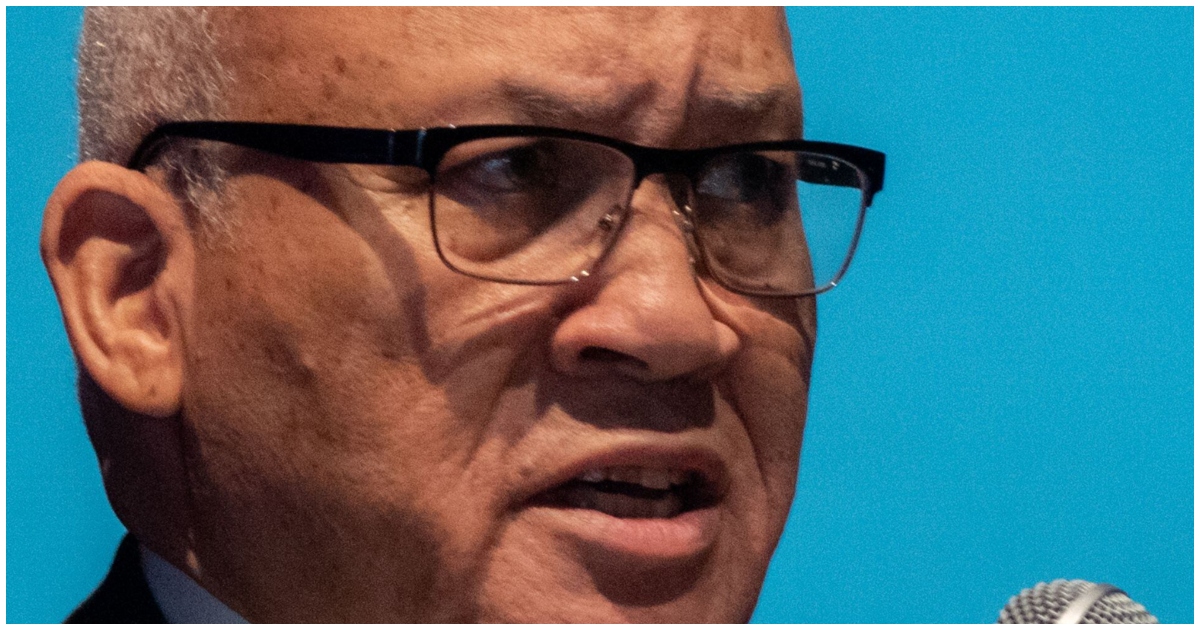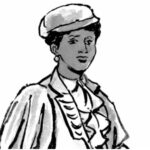The Central Intelligence Agency (CIA) recently unveiled an exhibit honoring George E. Hocker Jr., one of its first Black undercover agents.
This recognition highlights Hocker’s groundbreaking achievements in covert operations and leadership within the agency.
Pioneering African-American Presence in the CIA
George Hocker Jr. joined the CIA in 1957 at the age of 18. He became one of the few African-American officers in the agency during a time of widespread segregation in America.
Despite facing initial challenges and discrimination, Hocker persevered. He went on to become the first Black officer to complete escape and evasion training in the covert operations program.
Breaking Barriers in Covert Operations
Hocker’s determination led him to several historic firsts within the CIA. He became the first Black officer to establish a CIA station overseas and the first to head a branch within the Directorate of Operations.
“I still feel very privileged and honored to have been able to serve my country as a black spymaster and be in the CIA for 34 years,” Hocker stated. His career spanned multiple tours throughout Africa and South America.
Inspiration from Civil Rights Movement
A turning point in Hocker’s career came after attending the 1963 March on Washington. Witnessing Martin Luther King Jr.’s “I Have a Dream” speech profoundly impacted his perspective.
Hocker recalled, “I saw that we can do some things together, all races, if we can come together and strive to be the best that we can be.” This experience reinvigorated his commitment to his career in the CIA.
Leadership Roles and Legacy
Throughout his 34-year career, Hocker achieved numerous high-ranking positions. He served as Special Assistant to two Directors of Central Intelligence and as Senior Advisor to the Drug Enforcement Agency before retiring in 1992.
Recently, Hocker returned to the CIA to inspire the next generation of officers. He emphasizes the importance of resilience and perseverance in the face of injustice.
Honoring a Hidden Figure
The CIA’s decision to create an exhibit honoring Hocker at its headquarters museum marks a significant step. It recognizes the often-overlooked contributions of Black trailblazers in the intelligence community.
Hocker is currently writing a memoir to share his experiences as a “Black spymaster.” He aims to impart valuable lessons on perseverance and determination to future generations.





